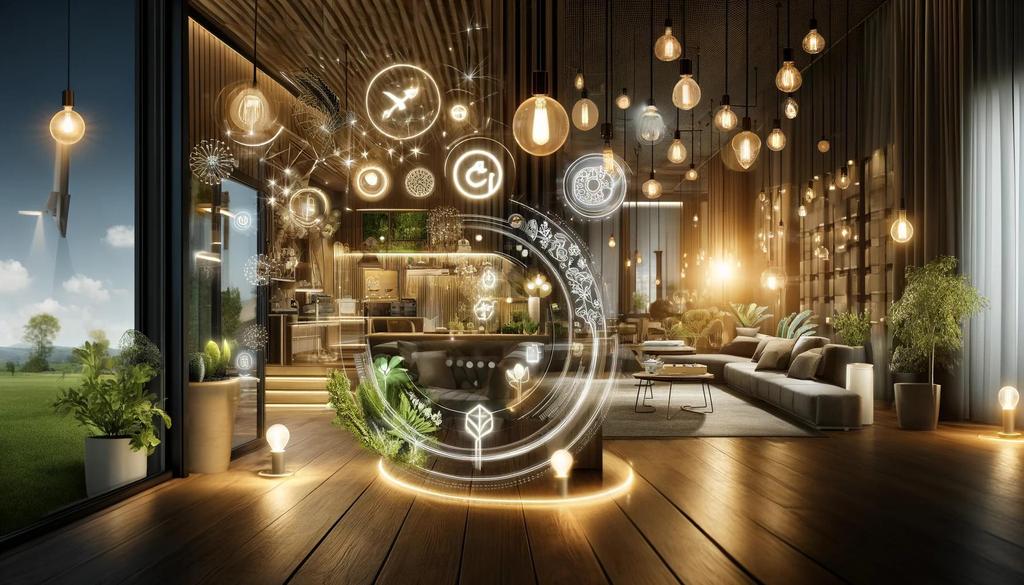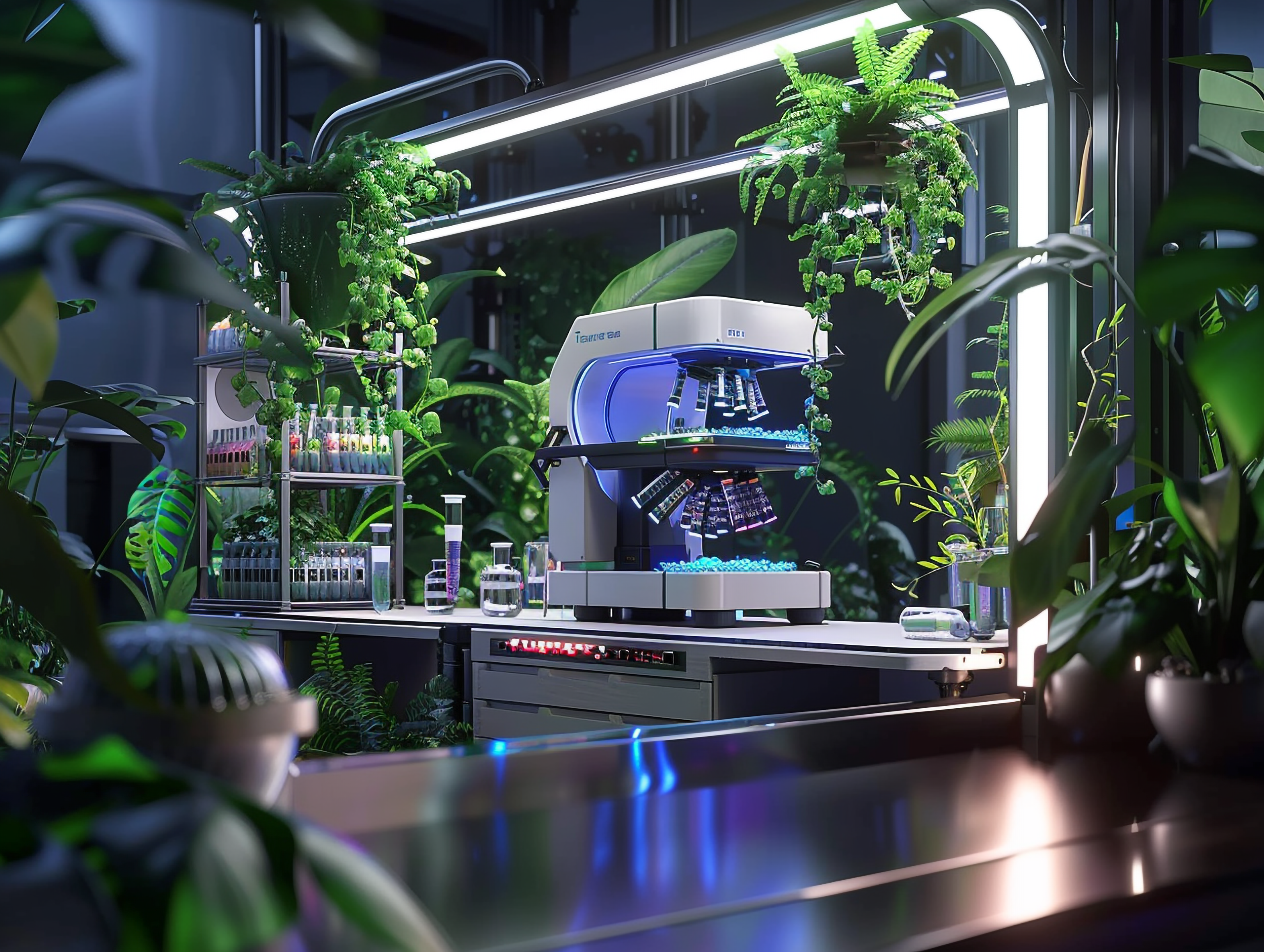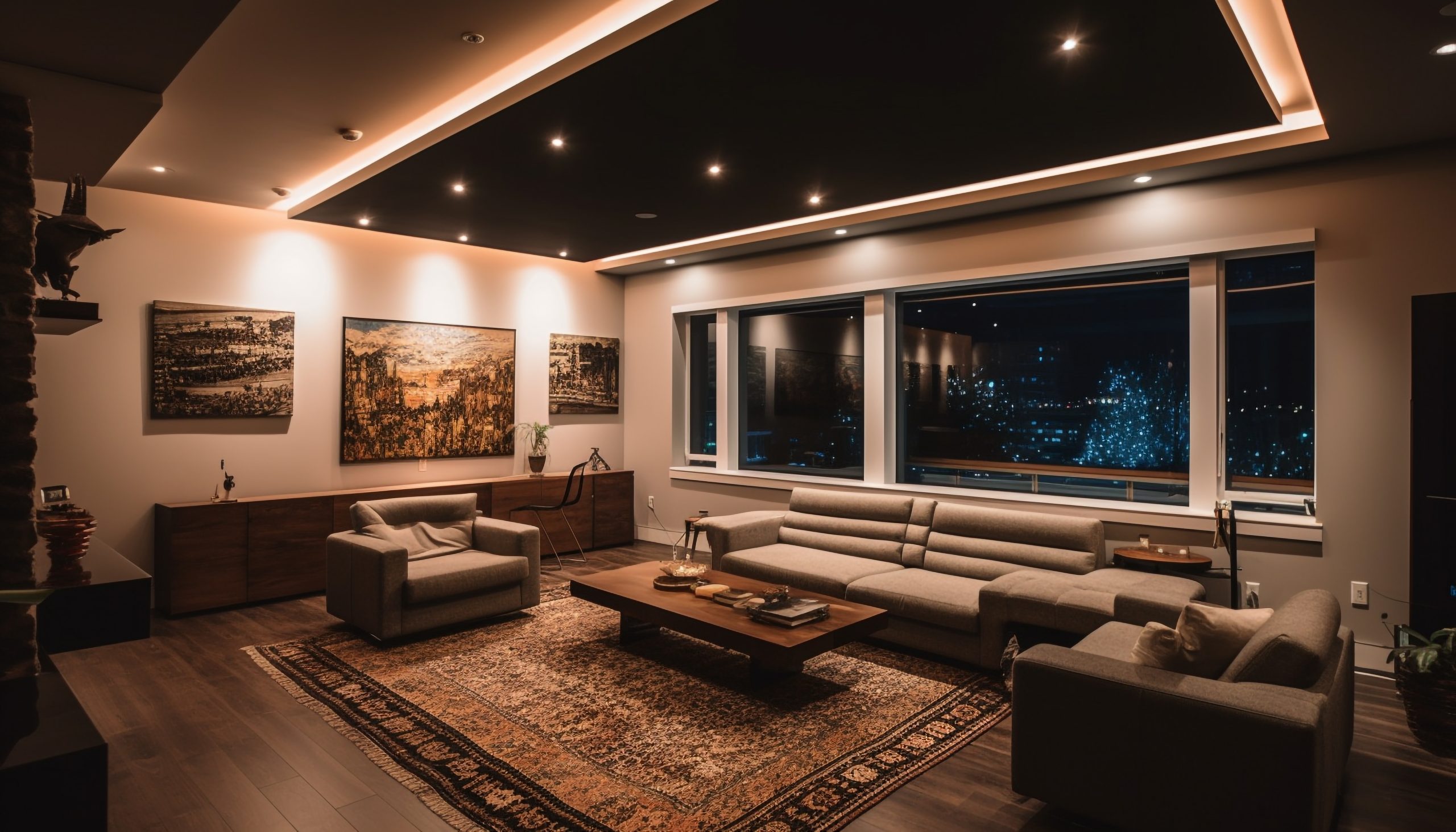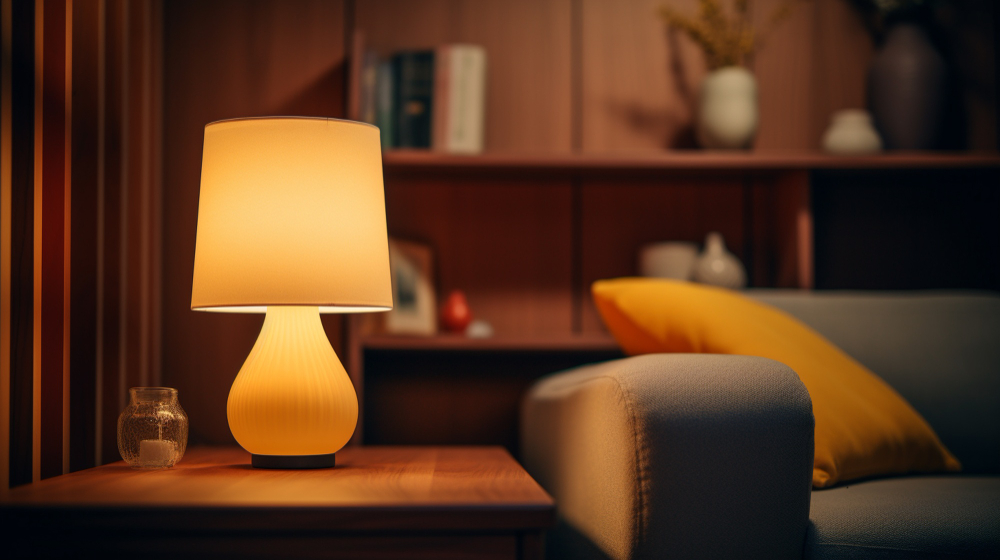The Impact Of Smart Lighting On Energy Efficiency And Digitalization

Energy use in commercial buildings accounts for nearly one-fifth of the total energy used in the U.S. Furthermore, commercial buildings are estimated to be responsible for 40% of the electricity used for lighting in the country.
With smart lighting solutions and connected devices, you can optimize your lighting usage as well as leverage digitalization to increase the collaboration and productivity of your team members. Smart lighting also offers other benefits such as better security, less risk of fire, and a reduction in maintenance costs.
With smarter technologies, businesses can reduce their energy consumption, cut operational costs, and reduce CO2 emissions by up to 30%.
What is Smart Lighting?
LED stands for light-emitting diode, a semiconductor that emits visible light when an electric current passes through it. LED lights are more energy efficient and durable compared to other types of lighting, such as fluorescent and incandescent bulbs.
LED lights require less maintenance, last longer, and produce more light per watt than other types of lights. Smart lighting solutions allow you to control the brightness, hue, and colour temperature remotely. You can also set up schedules for your lights to turn on or off automatically based on specific triggers.
With the help of compatible sensors and software, you can also automate your lights based on environmental factors such as noise, temperature, or movement. There are many different types of smart lighting available that differ in terms of cost, features, and compatibility.
In this article, we will focus on LED bulbs and smart LED strips, which are the most popular options for commercial buildings.
Integrations with other devices
Smart lighting is a part of the Internet of Things (IoT) ecosystem. Smart light bulbs can connect with other IoT devices such as motion sensors, occupancy sensors, and door sensors to automate the way your space is lit.
With compatible software, you can also integrate your lights with different tools to achieve more with your lights.
– Lighting control systems: When connected to a lighting control system, you will be able to manage your lights remotely as well as set up rules and schedules for your lights.
– Voice assistants: Smart lighting works with most major voice assistants, including Amazon Alexa and Google Assistant. You can use your voice to control lights, set schedules, or choose different scenes.
– Security systems: Sensors and cameras are essential for security purposes. You can connect your security system with your lights to receive alerts or trigger specific actions when your sensor detects unusual activity.
– Asset tracking: Smart sensors can track the movement of assets such as employees, products, or inventory. You can use sensors to track employees’ time in a specific area and light up that area for better productivity.
– Building management systems: Connecting your lights with your building management system allows you to control your lights from one central place.
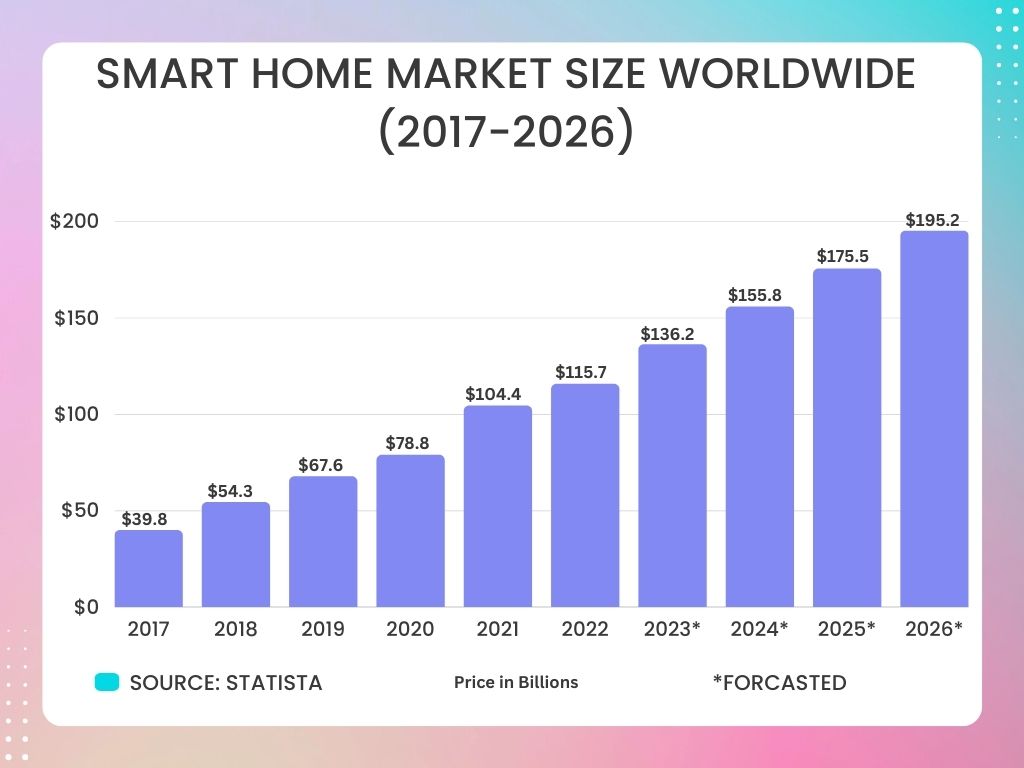
Digitalization with smart lighting
As we mentioned, smart lighting offers an excellent opportunity to digitalize your workspace. The following are some ways you can achieve that by integrating your lights with different devices and software.
– Improve collaboration: Collaboration is vital for creative teams. You can manage your lighting to create different zones within your office that encourage collaboration.
– Boost productivity: When employees feel comfortable and safe in their working environment, they can be more productive. You can provide high-quality lighting to boost productivity and reduce eye strain.
– Improve safety: Safety is a top priority for businesses. With sensors, you can detect early signs of fire or sound an alarm if someone breaks into your office.
– Create a better experience: An office with poor lighting is not a pleasant place to be. You can use smart lighting to create the right atmosphere for your employees and customers.
Benefits of reducing energy consumption with smart lighting
– Energy savings: One of the most important benefits of smart lighting is reduced energy consumption. LEDs can reduce your energy consumption by up to 90% compared to traditional lighting.
– Fewer maintenance costs: Maintenance costs are reduced with less frequent lamp replacement. You can also reduce your maintenance costs if you decide to install a lighting control system that is easier to install and maintain.
– Reduced CO2 emissions: CO2 emissions from commercial buildings account for around 30% of all energy-related CO2 emissions in the U.S. If you can reduce your energy consumption, you can reduce your CO2 emissions as well.
– Smart lighting pays for itself: Depending on your energy rates, it can take a few years for smart lighting to pay for itself. However, if you plan to stay in your current office for a long time, it can be a worthy investment.
Smart lighting can transform how you use light, improve collaboration, and enhance employee productivity. It also offers many other benefits like reduced energy consumption, reduced maintenance costs, and improved safety and security.
More News
Lighting and Design Industry Trends for 2025: What to Expect and How to Stay Ahead
As the lighting and design industry continues to evolve, 2025 promises to bring exciting new trends, technologies, and innovations that will shape…View More
The Green Revolution: The Rise of LED Horticultural Lighting
The agricultural industry is undergoing a significant transformation, driven by the need for sustainable and efficient practices. One of the most promising…View More
Transform Retail Spaces with LED Lighting for a better experience
In today’s competitive retail landscape, the importance of creating an engaging and appealing environment cannot be overstated. The modern consumer seeks not…View More
Govt initiatives & collaborations in LED & smart lighting
In modern urbanisation and environmental consciousness, the evolution towards energy-efficient lighting solutions stands as a beacon of progress. LED (Light Emitting Diode)…View More
Navigating the Diverse Landscape of Lighting Solutions
From residential spaces to commercial establishments, and from healthcare facilities to outdoor landscapes, lighting plays a crucial role in shaping our environments…View More
Download
Recent Posts
Show Countdown
LED Expo Thailand
- days
- Hours
- Minutes
- Seconds
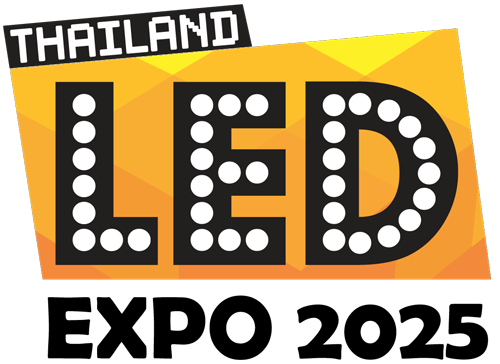
 ไทย
ไทย
 中文
中文

